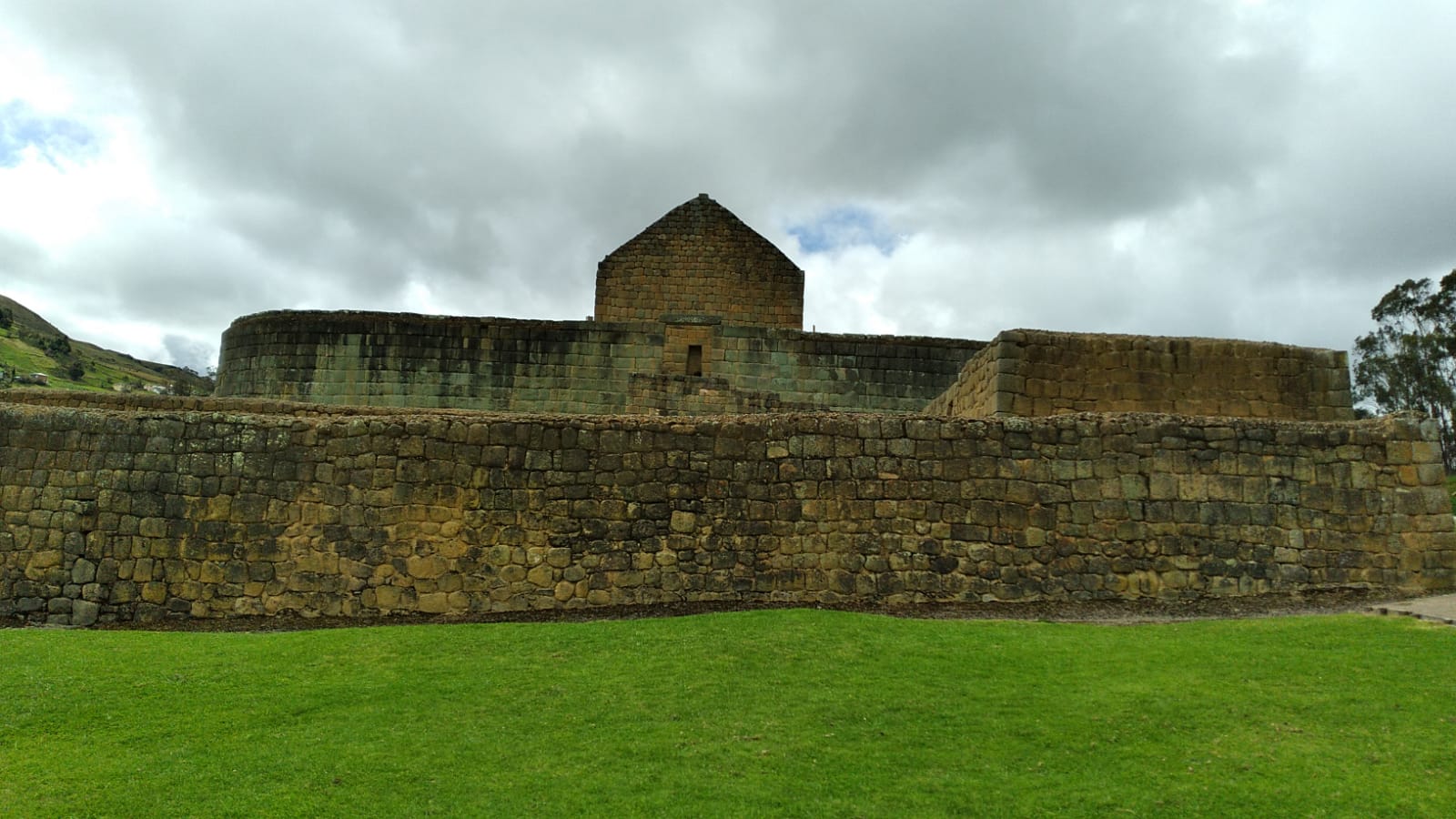Spears from all Sides
A film by Christopher Walker / An Icarus Films Release
icarusfilms.com/if-spears
90 minutes / Color
Spanish; English / English subtitles
Closed Captioned
Release: 2019
Marc Becker
Truman State University
marc@yachana.org
November 27, 2019
In 1996, Christopher Walker released the film “Trinkets and Beads” that explored the environmental and cultural consequences of oil exploration on the Waorani in the Ecuadorian Amazon. After decades of pressure, the Waorani had finally consented to allow petroleum companies to commence drilling on their land. Walker documented the massive damage to their communities, the hypocrisy of oil company executives and government officials, and the Waorani’s attempts to regain control over their lives and lands.
Now, almost a quarter century later, Walker returns to the Waorani to update that film with “Spears from all Sides.” What will be immediately apparent to viewers familiar with the earlier film is how little has changed in the intervening years.
Walker uses “Trinkets and Beads” as a starting point, including bringing the original film back and showing it to the Waorani to see their reaction. This new film retreads some of the same history, including the killing of five evangelical missionaries in 1956 and the subsequent attempts of Rachel Saint, the sister of one of the five, and the young Waorani women Dayuma to convert the rest of the group to their religion.
The Waorani, as with any group of humans, rarely speak with a single voice, and divisions continue to run through their communities.
In the 1990s, Moi Enomenga gained fame as a Waorani leader in Joe Kane’s sensationalistic book Savages (1995), and Walker cast him as the hero of his earlier film. In this new film, however, Walker emphasizes divisions within the communities.
Moi is still a main leader of the Waorani, and now is president of the Waorani Nationality of Ecuador (NAWE), but he has come into deep conflict with Alicia Cawiya, the vice-president of the organization, particularly over Ecuadorian president Rafael Correa’s plans to commence drilling for oil in the Yasuní national park, one of the most bio-diverse places on the planet.
Rather than opposing the government and the petroleum companies as he did in the 1990s, Moi now supports Correa. Moi states that now that the Waorani are organized as a nation they can negotiate with the federal government on a horizontal level. Moi claims that Correa’s government respects Indigenous rights, and he favors granting access to petroleum exploration in exchange for the public works projects that the government provides—including schools and health centers. He thanks the government for its support of development efforts.
Whereas Moi was the hero of the earlier film, in this new one he becomes an anti-hero, almost a villain. Instead, Walker now celebrates the vice-president of NAWE Alicia as the leader of the struggle for Waorani rights. Alicia complains that Moi never consulted with the 48 communities that comprise the NAWE before signing the agreement with the government. Rather than responding to their interests, the government bought him out with gifts. As a result, Moi disobeyed the will of the Waorani nation that he had pledged to lead. Alicia complains that Moi and other leaders negotiated for personal rather than community gain and that their actions have divided Waorani families.
Throughout the film, Walker contrasts visual images with all of the signs of encroaching development—barges that bring in trucks with drilling equipment, and an “ecological path” that in reality is an eight-meter wide hard surface road. The oil exploration has placed pressure on hunting and the tourist industry. As a result, the Waorani ecolodge closed and its previous employees have gone to work as security guards for the petroleum companies.
Underlying the pressure from petroleum exploration are conflicts with the Taromenane and Tagaeri who have retreated into voluntary isolation. An attack by the Tagaeri on the Waorani kills the brother of Ottubo Baihua, and he is determined to revenge the death. The film ends, however, with forgiveness and Ottubo returning to work in the tourism industry.
Despite all of these conflicts and difficulties, the film closes on an optimistic note with the Waorani’s victory in its landmark lawsuit earlier this year against the Ecuadorian government for failing to consult with them before putting their lands in Block 22 up for auction to petroleum companies. The ruling set an important precedent against other attempts to drill on Indigenous lands.
“Spears from all Sides” is visually stimulating with a compelling storyline. It effectively demonstrates the effects of oil exploration, and the challenges that it brings to local communities. In the midst of all the complexity, somehow it also manages to find hope.

